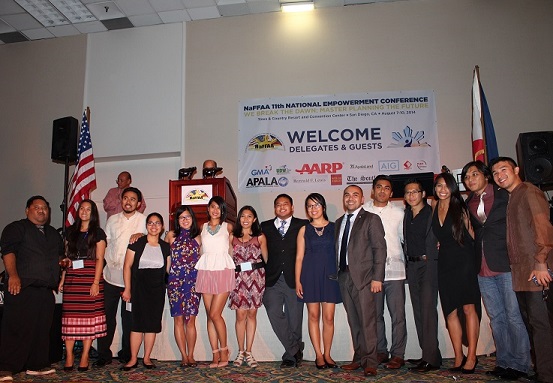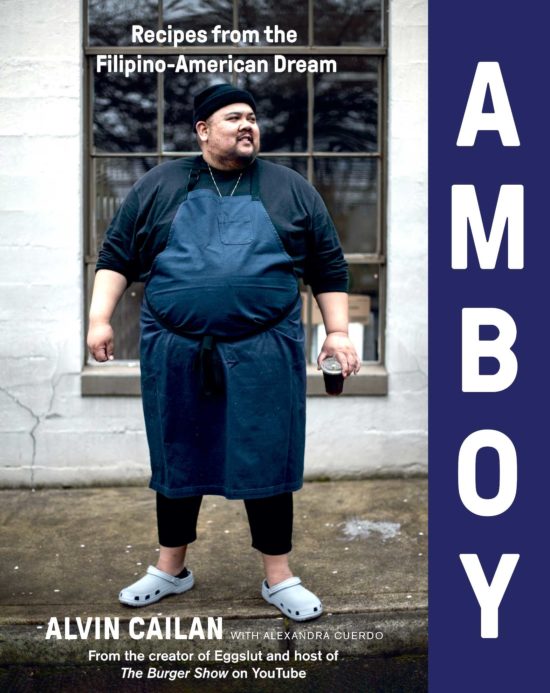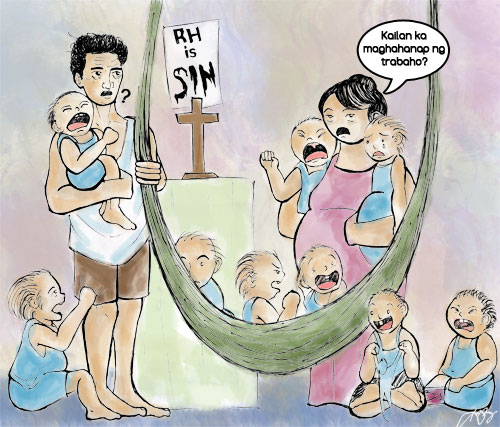Time to ‘unfreeze’ the law and make Reproductive Health available to women
By Ludy Astraquillo Ongkeko, Ph.D.
July 9 is the first day the Philippine Supreme Court will begin to hear oral arguments on Law 10354, also known as the Reproductive Health law. The High Tribunal, voting 10-5, issued a temporary restraining order on the implementation of the law.
Recalling what has taken place since the RH law met that ‘freeze’ came from nationwide reports that “Catholic conservative groups are leading the charge to declare the law invalid.”
What are on file, per SC records: total of fifteen (15) petitions, thirteen (13) from proclaimed “allies of the Roman Catholic hierarchy,” and two from the “Autonomous Region of Muslim Mindanao,” to put an instant halt on the law, even, as they say, before the ink went dry. It came fast on the heels of the anticipated implementation, almost instantaneously, after it was signed by President Aquino before 2012 drew to a close.
Interestingly, a previous decision by the SC has limited the issues to be taken up to four: “Whether the law violates the autonomy of local government and equal protection of the law; whether the law violates the natural law and disregards inter-generational responsibility; whether the law violates the rights to life and health; and whether the law violates freedoms of religion, speech and academic freedom.”
Main argument from the anti-RH groups “centers around claims that the law infringes on their rights to religious freedom and poses immediate threats to the right to life of unborn children, both of which are explicitly protected by the Constitution of 1987.”
The law’s staunch supporters counter that “the supposed threat to the lives of the unborn is non-existent because none of the contraceptive methods to be made available by law can act after the egg is already fertilized. The potential abortifacient effects are therefore nil.”
The “Anti” side: The RH law violates natural law because of its contraceptive provisions.
The “Pro” side: The law stands on the “principle of equal protection; it provides RH information and services to everyone who wants or needs such. No compulsion. No coercion.”
Catholic Church faith holders who have not joined the Bishops and their exhortations can attest to what they’ve been told, how their Church “promotes natural family planning.” Thankfully, those faith followers are, unlike the Bishops, independent minded.
Opponents of RH law believe it “violates the rights to life and health.” Not so. It is clearly provided the law promotes these rights through the provision of necessary services. The Constitution provides equal protection for mothers’ lives. Using children as their reason for “caring” about lives, why don’t they go to the real priority: Caring for their mothers who should stay healthy and alive?
Should the RH law remain the way it is, “frozen,” the poorest of the poor will be doomed to a life they did not foresee as they fail in their inability to stop having families they no longer can afford to take care of.
Can the poor go to their Church for help? Can that Church respond to their needs because family planning was denied them?
Is it Christian-like to pursue the coldest of feelings, where none should be taking place, thanks to the non-implementation of the law of the land?
The “Supremes” from the homeland are about to come to that decision. Undoubtedly, it will affect the lives of millions of Filipinos, not only those in the homeland, but those elsewhere, because wherever they are, they will always nurture that spirit which is uniquely Filipino.
A Filipino, wherever she/he is, will never turn away from the call of that ancestral home.












